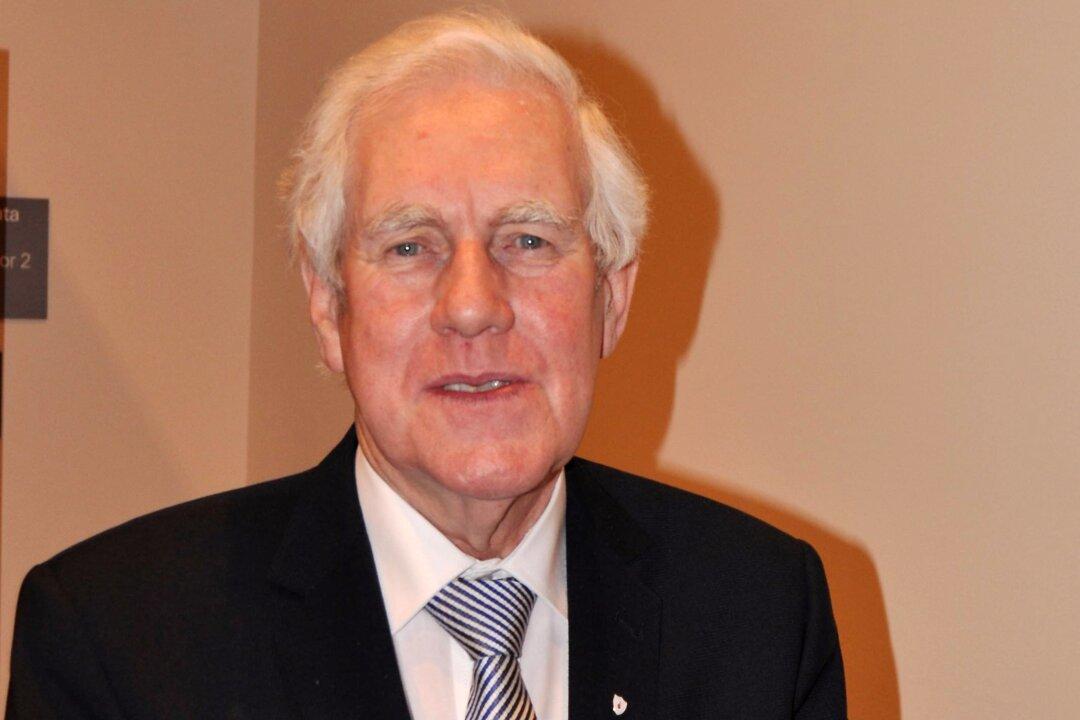“By the age of 13 years, 1 in 3 young people in Ireland are likely to have experienced some type of mental disorder. By the age of 24 years, that rate will have increased to over 1 in 2.”
This information is attributed to the findings of a study carried out by the Psychiatric Epidemiology Research across the Lifespan (PERL) Group at the Royal College of Surgeons in Ireland (RCSI). The report was released in late 2013, and already we are starting to see how the issues highlighted are being tackled.
The research findings according to PERL also suggest that young Irish people may have higher rates of mental disorders than similarly aged young people in other countries.
PERL is a multidisciplinary research group within the Department of Psychiatry in the RCSI, and is made up of mental health clinicians and researchers from the fields of psychiatry, psychology and the social sciences who share an interest in understanding the experience of mental ill-health among individuals and groups.
The report stated that “The experience of mental ill-health can have a significant and devastating impact on the personal, family, social, vocational and economic lives of those who experience a mental disorder, on their families and on wider society.
“While people can experience mental ill-health at any time of their life, international evidence has demonstrated that the onset of mental disorders peaks during the adolescent and early adult years. It has also shown that young people carry the burden of mental ill-health, with mental disorders now the leading cause of disability among young people aged 10-24 years around the world.”
With this in mind, The Epoch Times is focusing on mental health, the impact it is currently having, and the solutions out there in Ireland.
Implications of the PERL Research
The findings suggested that the research is “critical to any policy or service planning agenda, particularly in the context of limited resources and the need to maximise the efficiency and effectiveness of mental health promotion, prevention and intervention in Ireland.”
The PERL research points to the need to enhance mental health policy and service development strategies in order to reduce the incidence, impact and continuance of mental ill-health among young people in Ireland.
The need for progressive early prevention and intervention initiatives in the field of youth mental health were suggested to have the potential to reduce the economic burden associated with mental ill-health among Irish people. “More importantly, they also have the potential to minimise the personal, relational, social and vocational impact of mental ill-health on young people, their families, and wider society,” read the PERL report.
Ms Kathleen Lynch, Minister for Primary Care, Mental Health, and Disability was quoted in the foreword of the report. She said the following: “We, as a society, have a collective duty to foster a culture whereby all those in difficulty, and young people in particular, do not hesitate to seek help when needed. We should, for example, be alert to the signs and signals of distress, promote good coping skills, embrace difference, and exclude stigma.
The fundamental solution to meeting mental health needs, regardless of age, lie in effective partnerships where professionals, service users, families and the wider community work together. Obviously, the Government will continue to play its part in terms of promoting policies, services and investment for this important sector.”
The minister also said: “As a caring society, we must be very careful to attend to the social and emotional needs of our young people, to ensure that they are allowed reach their full potential and develop into well-adjusted adults. It is incumbent on us to protect them and support them as necessary into the future, and enable them to contribute fully to society by using their many talents.”



